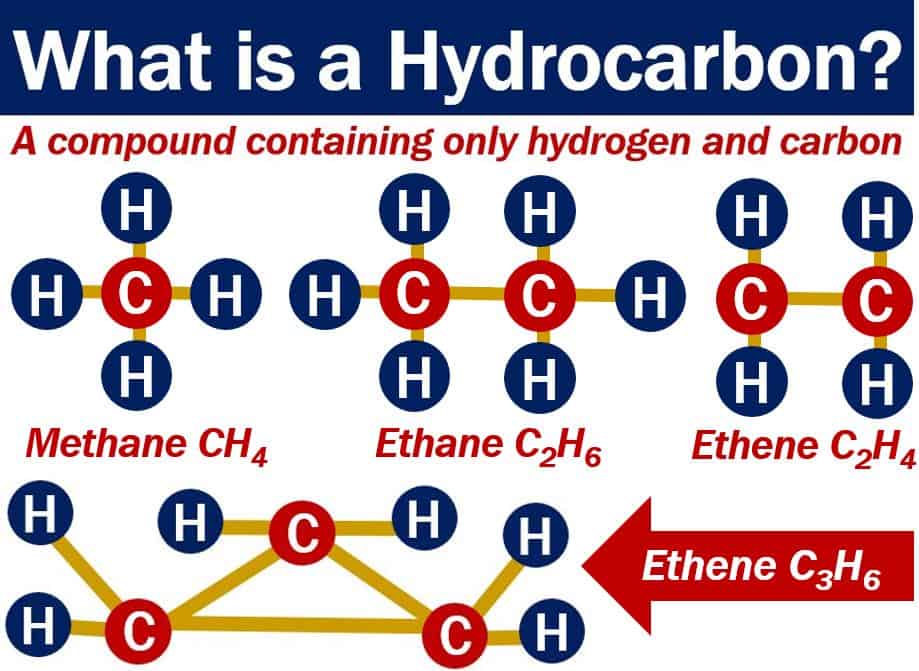In reply to alfadriver :
So knowing the CARB rules, I would totally not assume that it would automatically be more expensive. But maybe it will, maybe it will work with the waste stream and help multiple systems.
California has the most expensive gas in the continuous 48. Partially due to taxes, but largely due to the unique blends that we require. This makes fuel more expensive day to day, and really expensive when there is a supply disruption. Adding more unique requirements will make it more expensive. Refineries are closing in California due to the increased costs of added regulation, which will further drive up prices and volatility.
But how is it a justification to do nothing when the individual impact is small? Based on that logic, an individual should not bother to recycle their stuff, should not bother to reduce the amount of energy they use, should not bother not properly throwing away hazardous materials, etc.
You missed half of the equation. It is unwise to commit large resources for a small impact. This case small is mathematically close to zero. I'm perfectly fine with committing small resources for small impacts or large resources for large impacts. But any cost for any impact is a poor way to run anything, yet unfortunately more common. Using your recycling example- putting your recyclables in the blue bin instead of the garbage can. Small impact, but small effort. Never mind the fact that only a small portion of what you throw in the bin is actually recycled, but shipped across the ocean so someone else can just dump it. Let's pretend everything you throw in that bin is 100% recycled. It's right beside your garbage can, so small effort and you feel that you did good. What it it was a mile away? Would your still use it? What about 10 miles? 100 miles away? You are still doing the same amount of good, but is there a point where you would stop using the blue bin?
California is doing what they can, just like others will. And the addition of all of the effort everyone does is significant.
No, it's not. If enough people don't contribute to make a significant impact, then the effort is just wasted. You can play tug of war with an elephant by yourself, but you aren't going to make a difference. Assuming a 100% noble reason to take such an action, it's still just a squandering of resources that could have been put to better use elsewhere, by people who should know better. But if you think it's all about the good of the cause, follow the money and see who is getting enriched by the wasted efforts of others.
The US has been leading environmental based laws for over 50 years now. Meaning we have been doing our small part to the world longer than anyone else. And California has been doing the same for even longer. There's no reason to stop or assume that nobody else will do anything.
Apples and oranges. We have been cleaning up our own back yard, the actions we took had direct effects on the condition on our own environment. But we didn't give a E36 M3 about the rest of the world. We outsourced much of our pollution to fulfill our need for cheap goods. Just because it isn't here doesn't mean it's not our pollution. Now that much of the rest of the world wants what we've had, we want to get on our high horse and dictate how they should do it. And unless they decide to follow along (not likely) we are just wasting our resources to make ourselves feel better and hide from our guilt.



































